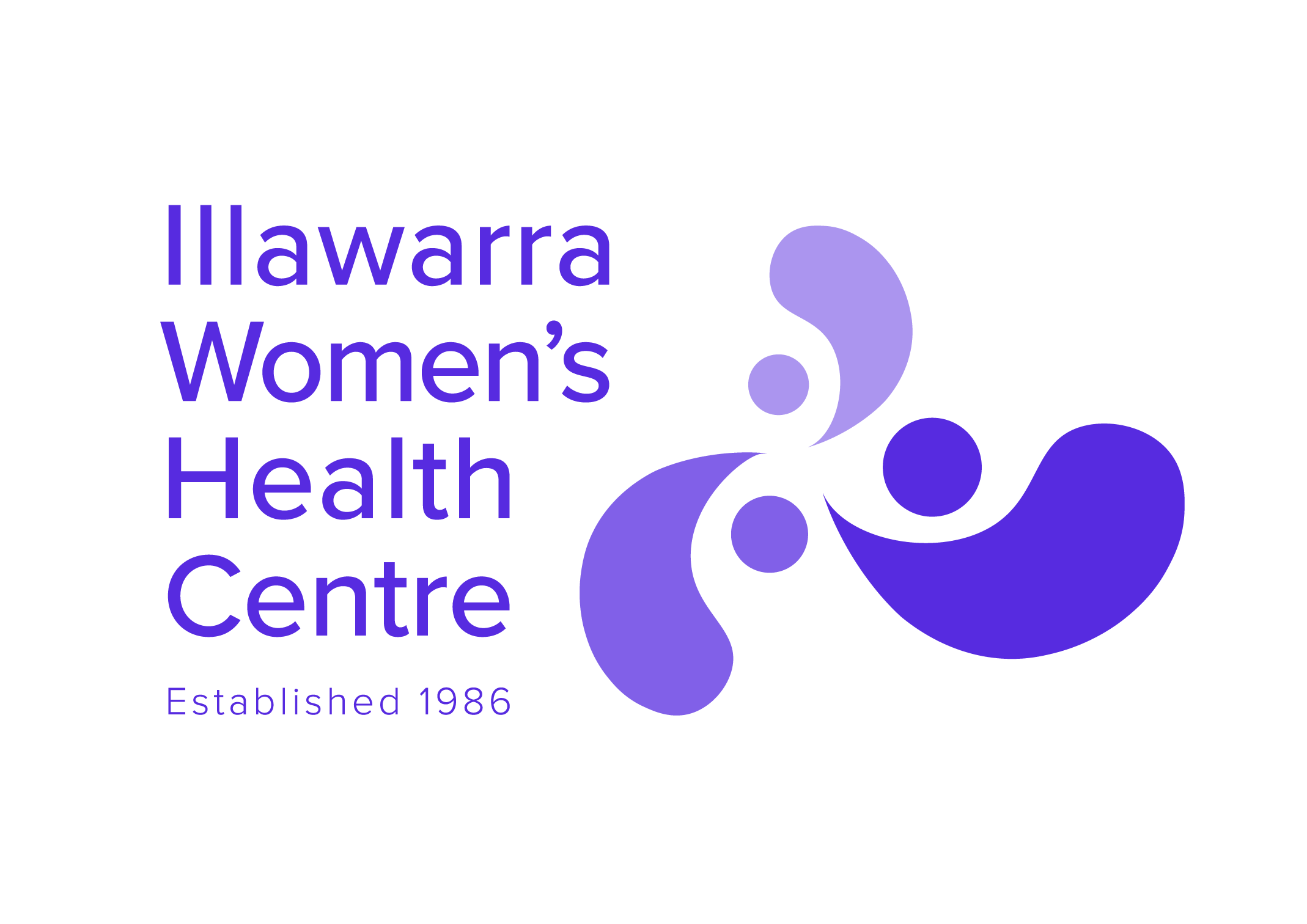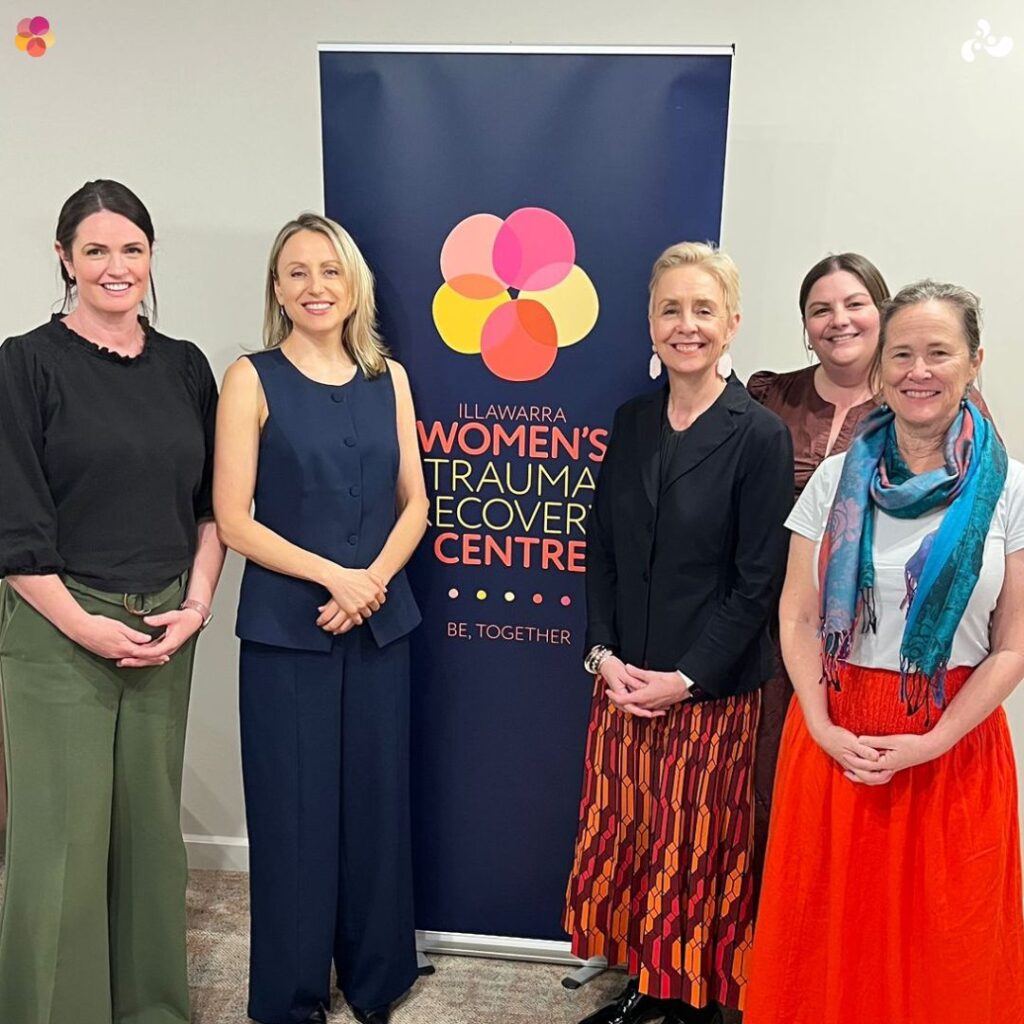The Illawarra’s frontline services have warned that domestic, family and sexual violence will not become “rare, brief and non-recurrent” without urgent fixes to childcare, housing and justice, at a regional roundtable attended by NSW Women’s Safety Commissioner Hannah Tonkin and Commonwealth Domestic, Family and Sexual Violence Commissioner Micaela Cronin.
Hosted by the Illawarra Women’s Health Centre and its major project the Illawarra Women’s Trauma Recovery Centre, the forum heard that the Illawarra’s fast-growing population faces severe housing stress, with a rental vacancy rate near 1% and public housing waitlists of up to 10 years.
Services reported a 12% rise in domestic and family violence over two years and a 9% rise in sexual assault over a decade.
Ms Cronin and Ms Tonkin joined Illawarra service leaders from organisations including the Illawarra Women’s Health Centre, Multicultural Communities Council of the Illawarra, Gawura Aboriginal Corporation, and Wollongong Homeless Hub to hear directly from the frontline about what’s working and what’s not.
Participants said childcare is a major issue for women, with multi-year waits preventing them from working, attending programs, and receiving training. They called for after-hours service access beyond 9am–5pm to truly support women.
Legal aid settings were criticised for funding court events but not the “in-between” work, contributing to a shortage of local family and independent children’s lawyers.
Police responses were described as mixed, with a patchy understanding of coercive-control laws and long delays for police interviews causing unnecessary burden on victims. Co-located station support, which has been seen to work in other regions, was urged locally.
The roundtable highlighted gaps for adolescents, growing concern about strangulation-related brain injury, and older women’s homelessness.
While the conversation laid bare deep systemic problems and funding gaps, it also showcased the Illawarra’s strong record of collaboration and innovation.
Participants described a sharp rise in referrals, with services struggling to meet demand, but they were working together with their local networks to help fill the gaps.
“It’s really clear that you’re doing everything you can with the resources you’ve got, and it’s been a real privilege listening to you. This is very hard work, facing into it every single day takes courage and care,” Commissioner Cronin said.
Soft-entry programs, like yoga, art therapy, gardening, and on-Country healing, were highlighted as vital gateways for women who may never seek formal counselling.
However, attendees warned of acute workforce shortages, burnout, and complex funding rules that disadvantage regional services.
The roundtable comes as the Domestic, Family and Sexual Violence Commission releases its 2025 Yearly Report.
The report outlines both what has been achieved through the First Action Plan 2023-2027, which set the foundation for the National Plan to End Violence Against Women and Children (2022-2032), and what must change to ensure every person in Australia can live free from violence.

